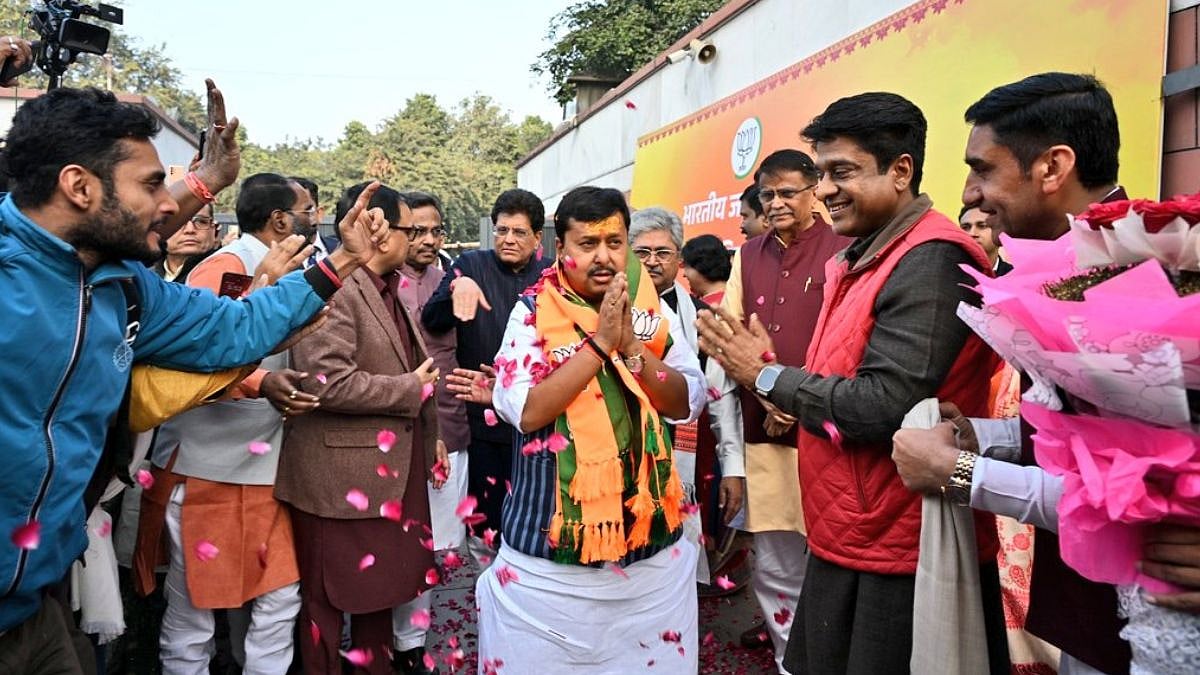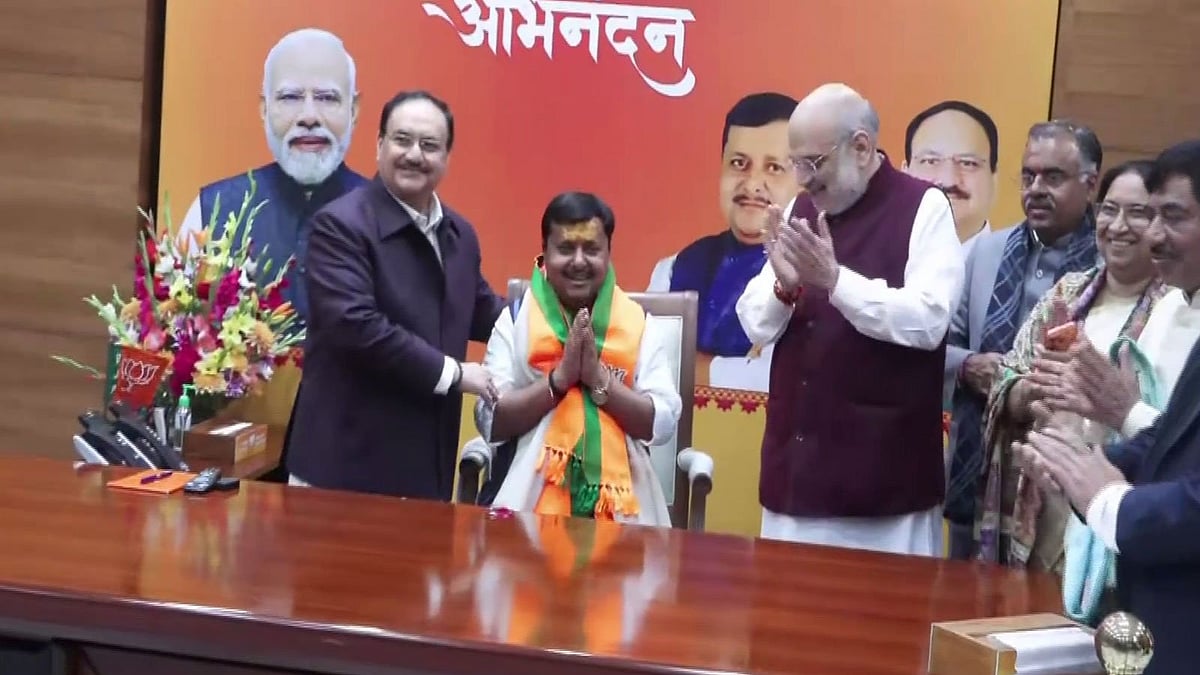Article 94 of the Indian Constitution says members of Lok Sabha shall elect one among themselves as Speaker to preside over its proceedings. Ditto for Vidhan Sabhas of states mutatis mutandis. Were our Constitution makers naïve or deliberately reckless and indulgent to the ruling party given the fact that a Speaker performs many a quasi-judicial function? In the Rajya Sabha, things aren’t as innately partisan as in the Lok Sabha as the Vice-President of India becomes the ex-officio chairman of the Rajya Sabha even though admittedly he too owes his appointment more often than not to the ruling dispensation.
With the enactment of the 10th Schedule to the Constitution that deals with anti-defection, the role of the Speaker has become all the more onerous and quasi-judicial. When was the permissible two-thirds mark reached, is often the bone of contention besides other imponderables in the arguably the most contentious law of our times. Rajiv Gandhi, the then prime minister and the architect of the anti-defection law, had his heart in the right place when he ushered it in. He thought insistence on minimum one-third of the party members in the Lok Sabha or Vidhan Sabha opting for casting their lot with another party was a good enough deterrent for aaya-ram-gaya-rams but in hindsight he got it wrong as even the heightened minimum of two-thirds as per the amendment made by the Vajpayee government has been found to be not too challenging for the defectors! Be that as it may.
The Speaker’s job indeed is unenviable both when there is a majority government and a coalition government in place. Disruption has by now become the new normal with live telecast of the Parliamentary proceedings egging unruly members to hog the dubious limelight by holding the proceedings to ransom. While the Speaker often shows remarkable restraint and patience with such obstreperous and intemperate members, sometimes he is driven to cracking the whip and saying enough is enough. While calling in the Marshalls to evict such members for the nonce doesn’t invite widespread revulsion or criticism, suspending them for a long period of time does invite strident criticism that it is being done at the behest of the government to rush through legislations without discussions.
Whether a bill is a money bill or not is left to be decided by the Speaker. If it is indeed one, it is practically out of bounds for the Rajya Sabha. There is hardly a matter in this world that doesn’t have financial implications. So much so, the government of the day is tempted to use the Speaker’s services in this regard to get a bill declared as ‘money bill’ especially when it is in a minority in the upper house. The truth is the Speaker or presiding officer should be innately non-malleable. Who will bell the cat? In other words, would any ruling dispensation at the centre bite the bullet or take the lead in proposing such a seminal reform given the fact that it calls for a lot of courage to abnegate the benefits arising out of a pliable or partisan Speaker? The Supreme Court may find an occasion to assert itself in this regard but then it knows its limitations — it is for Parliament to make laws. Such a dawning realisation makes it slow and circumspect lest it is accused of treading on the toes of the Parliament.
These are but a few instances to bolster the case for a truly independent Speaker without party affiliations. Why not the seniormost retired judge of the Supreme Court for this demanding job with a five-year term? And if he or she demurs, the next in the line of seniority and so on. Judges are the only ones seen and believed as conforming to the definition of Caesar’s wife although some of them have in the past faced impeachment and charges of favouritism. The judicial temperament is bound to rein in bias and impatience, by and large. Such a neutral umpire, as it were, is bound to command the confidence of members cutting across party lines.
While the Speaker’s office craves urgent reforms, we also need a relook at the first-past-the-post (FPP) system of our elections as people’s representatives. Ever since the BJP government led by Narendra Modi came into power in 2014, the Opposition and its sympathisers have been taunting it saying it doesn’t have the support of 63% of the voters forgetting that even Pandit Nehru and his daughter Indira Gandhi got to rule the nation for long years without their Congress party getting more than 50% of the popular votes. It must however be conceded that even Britain, our role model in favour of Parliamentary democracy, couldn’t replace the seemingly lopsided and polarising FPP with a proportional representation system under which basically seats are allotted in proportion to the votes garnered. In a referendum conducted a few years ago, the British people decided to cling onto FPP, warts and all. As it is, the Indian knee-jerk response to the lopsidedness of FPP is to pine for Opposition unity so that there are just two candidates in the fray.
Opinion-makers on social media and elsewhere can mount concerted pressure to clamour for desirable changes. Even a government with the so-called brute majority will have to heed such healthy pressure tactics. Sadly, discussions on television are more often than not inane and marked by high decibel levels sans intellectual analysis. They invariably end up shedding more heat than light.
S Murlidharan is a freelance columnist and writes on economics, business, legal and taxation issues









